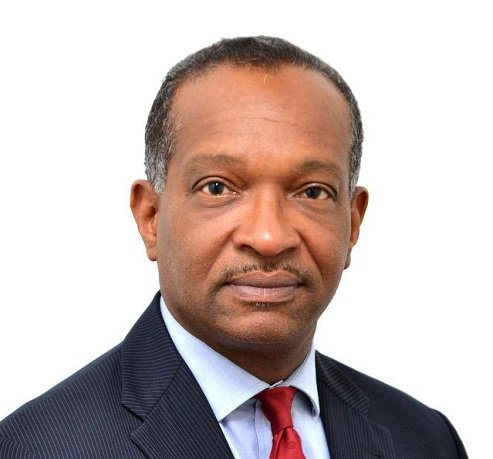Mr Kweku Andoh Awotwi, the Chair of the Board at the United Bank for Africa (UBA) Ghana, has called on African governments to cease regarding electricity provision as a social service and instead manage it as a financially viable enterprise.He cautioned that neglecting the issue would jeopardise initiatives aimed at enhancing and sustaining dependable electricity access throughout the continent.He noted that for many years, numerous African nations have viewed electricity as a public utility, resulting in insufficient investment in generation, transmission, and distribution infrastructure."The process of unbundling has demonstrated that the delivery of electricity cannot be reliably maintained as a social service unless each segment of the supply chain is financially self-sustaining," he said.Mr Awotwi made these remarks on Friday during the Africa Sustainable Energy Dialogue, held virtual on the theme "Bridging Africa's Energy Access Gap: Challenges, Innovation and the Path Forward."The Africa Sustainable Energy Dialogue is the flagship event of the Africa Sustainable Energy Centre, aimed at pioneering sustainable energy solutions through strategic conversations, innovation sharing, and collaborative action.This year's focus was to address Africa's persistent energy access gap by exploring its root causes, highlighting innovative solutions, and shaping a path forward.Mr Awotwi, who is also a former Executive Vice President of Tullow Oil PLC, noted that although reforms such as unbundling and privatisation were meant to improve performance and attract investment, their impact had been limited.Citing Ghana as an example, he explained that despite introducing frameworks for private sector involvement, the country still owes private energy providers over $2 billion-evidence of systemic financial challenges."In places like Nigeria and Ghana, privatisation did not solve the fundamental issues of liquidity and governance.
A decade later, we're still facing the same problems-insufficient investment, meter shortages, and poor cost recovery," he said.He attributed the persistent problems to political interference, weak governance of state utilities, and the failure to implement cost-reflective tariffs.An energy expert, Dr Ofosu Ahinkorah, said electricity access was a leadership issue, and governments must take full responsibility."If leaders are not able to deliver higher access rates, they are to be held accountable," he said.Dr Ahinkorah recalled that Ghana established its first commercial electricity-producing plant in 1966 through strong political will, even mortgaging the plant's output to fund the Akosombo Dam.He noted that Ghana took 23 years to reach just 19 per cent access but made rapid progress under the 1989 National Electrification Scheme, reaching 87 per cent today through deliberate government action and funding.He also highlighted the role of initiatives like the Self-Help Electrification Programme, where communities supported electrification by buying poles and providing communal labour again, backed by decisive government leadership. BY STEPHANIE BIRIKORANG

